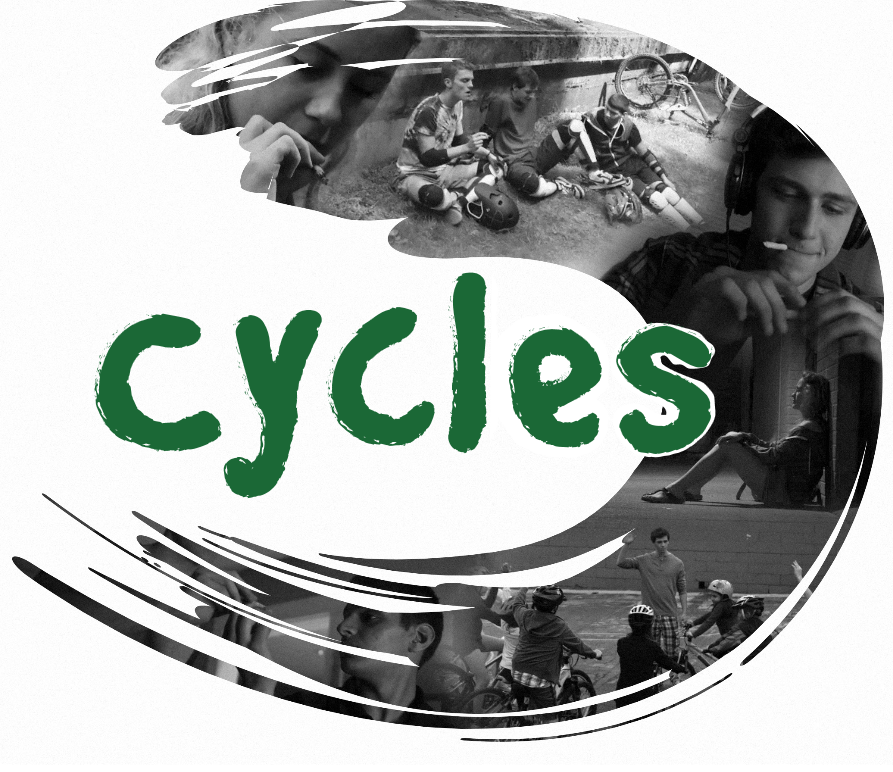
The UN General Assembly will convene a Special Session (UNGASS) on what it calls “the world drug problem” from April 19-21, 2016, at UN Headquarters in New York (UNGASS 2016 website).
We had the opportunity to correspond via email with Jean-Luc Lemahieu, Director of Policy Analysis and Public Affairs at the United Nations Office on Drugs and Crime (UNODC), and ask him a few questions just hours prior to UNGASS 2016.
The following is an unedited version of our email Q&A with Mr. Lemahieu:
CARBC: The UN does not appear to condone narcotic drug use outside of medical or scientific purposes – is that correct? If yes, does it support the criminalization of all non-medical and non-scientific narcotic drug use?
Jean-Luc Lemahieu: The drug control Conventions* do not allow for recreational use. The aim is to protect the most vulnerable – those who regretfully will fall in problem use. However, whereas the Conventions see no place for non-medical or scientific use, the Conventions do not consider personal use itself an illicit activity – this is up to the interpretation of the Member States and national legislation. Depenalization is also accepted within the Conventions. Evidently the member states can always decide to go further by altering the scheduling of certain illicit drugs. WHO does play a core advisory role to this end. The growing perception in especially North America is that recreational use should be accepted for cannabis. Interesting to this regard is to read the latest WHO report on cannabis (March 2016 [link: http://bit.ly/1qUBFgP]). Also many countries around the globe, including within Latin America, still prefer a wider coverage instead of accepting the option of individual liberty as often expressed in the pro-lobby circles. Hence, Conventions might not change soon on this topic yet pressures are to increase on this international system with many more US States expected to opt for full legalization.

[CARBC] At the last Special Session in 1998, the members pledged for a “drug free” world by 2008. The 2016 draft Outcome Document makes no such commitment. Is the goal of a drug-free world over and, if so, what is the reason for this change?
[J-L L]There are many aspirational goals which intend to motivate and mobilize. A ‘cancer free world’, a ‘wor[ld] without poverty’, ‘justice for all’, and more recently the new 2030 Development Agenda. Nobody truly believes that a world without cancer, equitable and just to all, ‘nobody left behind’, or a world without drugs is within reach. Pro-lobby groups however love to turn the table around and make it much more than it is or was. Fair, that is part of advocacy work. The real issue which we hopefully all can stand behind is how can we prevent and not promote drug use which can, not necessarily for each and everybody, lead to problem use or other negative effects on families, communities and society at large. Also crucial is to ensure that those getting to problem use are considered a health and not a criminal problem. People come first.
[CARBC] You note that UNGASS 2016 “is not about assessing the ‘War on Drugs,’ which,” you write, “never has been framed, mentioned or asked for, in any of the UN Conventions.” Yet the expression is ubiquitous – in the media, used by special interest groups, and laypeople alike. Briefly, what is UNGASS 2016 about?
[J-L L] The ‘war on drugs’ has been a prime advocacy tool, is a great soundbite and fell well within press and others. Correct that the concept itself is without base within the Conventions, one still needs to appreciate that especially in many Latin American countries the suffering from strong prohibitionist regimes has been palatable. While the Conventions for instance do not ask for the incarceration of drugs users, many Latin prisons are still overburdened by poor individuals who should fall under health care instead of a prison regime. There is a lot of work ahead of us in going back to the essence of the Conventions, promoting a balanced approach and proportionality of the crime justice system. Beyond this, as with many other criminal activities, the linkage with the 2030 development agenda is equally obvious. Both vulnerability and opportunity is to be tackled. Poverty provides vulnerability but there is no causal effect – not all poor are drug users, or worse small criminals (‘not all poor Afghan farmers cultivate opium, and not all opium farmers are poor’). Nonetheless this vulnerability needs to understood and corrected through pointed development interventions. In the same time the corruptive and abusive opportunity who exploit the vulnerabilities need to be taken on too – through an equitable justice system, transparent governance and predictable rule of law. This is what UNGASS 2016 is about.
For more information, here is a pdf draft copy of Mr. Lemahieu’s presentation at the 2015 Symposium on International Drug Control Policy in China titled “Improving Global Drug Policy: The importance of UNGASS – the contextual setting”
_________________________
* the Single Convention on Narcotic Drugs of 1961 as amended by the 1972 Protocol, the Convention on Psychotropic Substances of 1971 and the United Nations Convention against Illicit Traffic in Narcotic Drugs and Psychotropic Substances of 1988 (see: http://bit.ly/1qWHKth)



